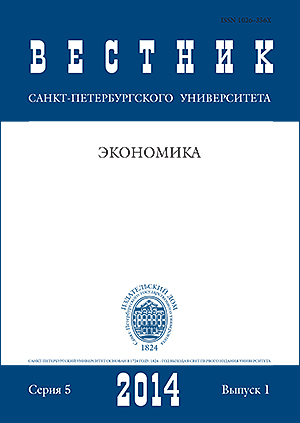Are Asset Markets Efficient? Evidence from Economic Experiments
Аннотация
Предполагаемое превосходство рыночной экономики по сравнению с централизованным планированием основано на убеждении, что рынки способны агрегировать распределенную информацию об издержках производства и спросе на товары в форме эффективных рыночных цен. Предполагается, что рынки активов и рынки фьючерсов на товары и активы способны оценивать ожидаемые будущие изменения — насколько это возможно в условиях принципиальной неопределенности. «Провалы рынка» существуют (например, обусловленные рыночным господством или экстерналиями) и должны компенсироваться вмешательством государства (антимонопольные меры или налоги Пигу), но в принципе считается, что свободный рынок является оптимальным институтом. Всегда ли это верно, в особенности для рынков активов, которые имеют тенденцию к раздуванию «пузырей», впечатляющие примеры которых мы наблюдаем? Экспериментальные исследования рынков активов показывают, что в большинстве
случаев рыночные цены в итоге приближаются к оптимальным ценам (согласно теории Рациональных ожиданий). Рынки в состоянии агрегировать распределенную информацию, но для этого процесса требуется время, а также встречается систематическое появление отклонений. Наиболее важным фактором предотвращения «пузырей» выступает личный опыт. Библиогр. 48 назв. Ил. 5.
Ключевые слова:
рынки активов, эффективность, теория рациональных ожиданий, экспериментальные исследования
Скачивания
Библиографические ссылки
References in Latin Alphabet
Translation of references in Russian into English
Загрузки
Опубликован
Как цитировать
Выпуск
Раздел
Лицензия
Статьи журнала «Вестник Санкт-Петербургского университета. Экономика» находятся в открытом доступе и распространяются в соответствии с условиями Лицензионного Договора с Санкт-Петербургским государственным университетом, который бесплатно предоставляет авторам неограниченное распространение и самостоятельное архивирование.






